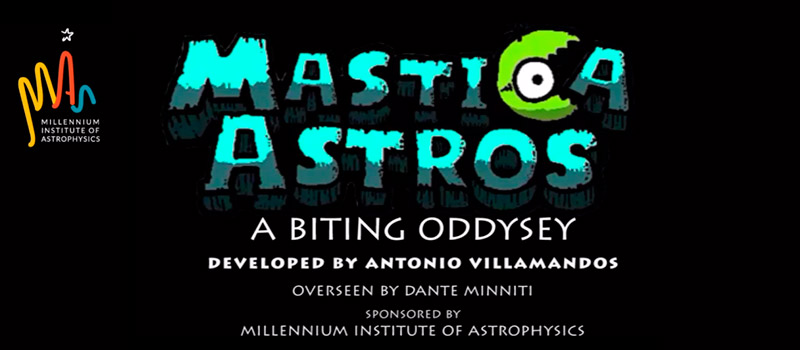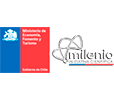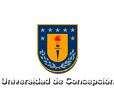[:en]Packed with an enthusiastic audience, last June 3rd we had our third conference of the Astronomy Talks Series organized by The Chilean Academy of Science, The Millennium Institute of Astrophysics MAS, and Center for Excellence in Astrophysics and Associated Technologies CATA.
Dr. Rolando Dünner, researcher of the Catholic University of Chile’s Institute of Astrophysics (IA), gave the lecture “How Everything Started? Cosmology and Much More”, which went over the history of the Cosmic Background Radiation discovery and the latest advances in this subject.
“Cosmic background radiation is the last visible wall of the Universe. It’s a snapshot of the cosmos from the moment it became transparent giving us a lot of information of its essential state,” explained Dünner to the audience.
Moreover, the researcher went over all the projects carried out in Chile in order to confirm the theory of cosmic inflation, through the work develop at the Atacama Cosmology Telescope (ACT), PolarBear Project and CLASS.
The “Astronomy Festival at The Academy” will resume next June 24th with Gaspar Galaz, IA Director, who will talk about “Galaxies, bricks of the Universe.”
[:es]Una tercera jornada llena de un entusiasta público se vivió el pasado 3 de junio en una nueva tarde del ciclo de charlas Festival de Astronomía en la Academia, organizado por la Academia Chilena de Ciencias, el Instituto Milenio de Astrofísica y el Centro de Astrofísica y Tecnologías Afines CATA.
El investigador del Instituto de Astrofísica de la Universidad Católica (IA), Rolando Dünner, dictó la charla “¿Cómo empezó todo? Cosmología y mucho más” en donde repasó la historia del descubrimiento del fondo de radiación cósmica y los últimos avances en esta materia.
“El fondo de radiación cósmica es la muralla final que podemos ver del Universo. Es una fotografía instantánea del cosmos desde el momento en que se volvió transparente y nos entrega mucha información de su estado primordial”, explicó el experto a los asistentes.
El investigador además repasó los esfuerzos que se hacen desde Chile para la confirmación de la teoría de inflación cósmica, a través del trabajo realizado en el Atacama Cosmology Telescope (ACT), el proyecto PolarBear y CLASS.
El “Festival de Astronomía en la Academia” continuará el próximo miércoles 24 de junio, cuando será el turno del Director del IA, Gaspar Galaz, que impartirá la ponencia “Galaxias, ladrillos del Universo”.
[:]
